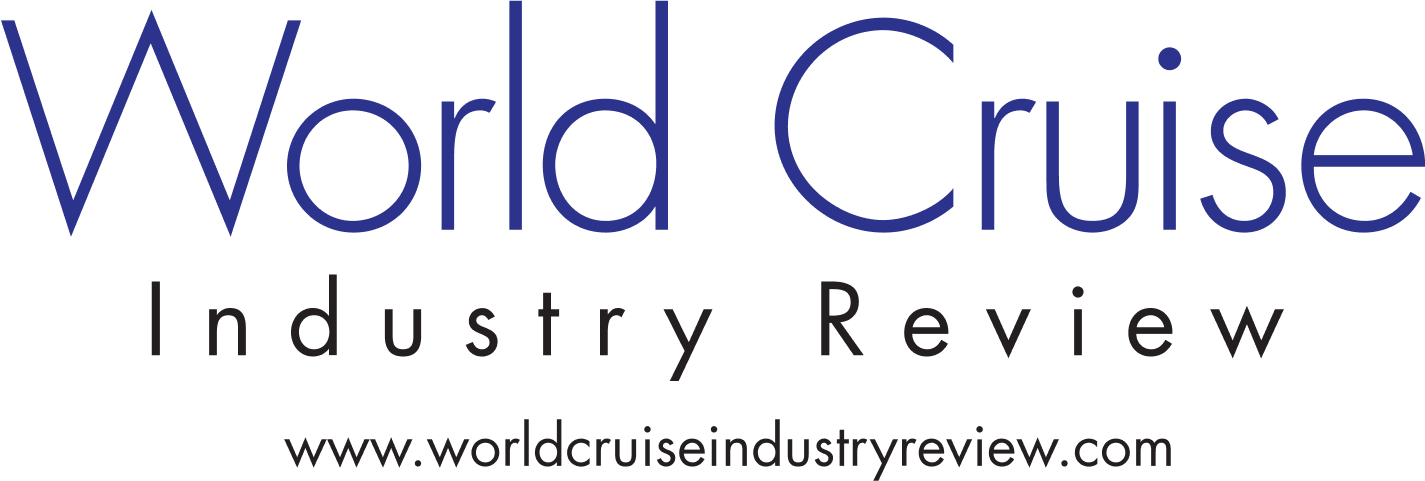It has come to be accepted that the transition from fossil fuels to renewable sources of power is not only necessary but critical to ensuring the preservation of the environment for future generations.
Lithium Werks is at the forefront of the energy revolution in key markets around the world. From commercial vehicles to state-of-the-art medical equipment, its technologies are providing cost-effective opportunities to make the much-needed switch to renewable sources of fuel. Using patented lithium iron phosphate (LFP) chemistry, its solutions provide powerful, safe and reliable alternatives to the traditional internal combustion engine, not to mention a dramatic reduction in harmful emissions. Tackling global environmental degradation, while still championing technological progress, is at the core of Lithium Werks’ mission.
While lithium solutions have become more prevalent in major areas of public life, marine-based solutions are still in their infancy – until now. In 2018, Lithium Werks’ phosphate chemistry was awarded the coveted DNV GL certificate for ships, offshore units, and high-speed and light crafts (DNVGL certificate #TAE0002TZ). This opens up the possibility of all energy needs on board a marine vessel – such as propulsion, UPS, ESS, emergency back up to diesel engines – to be facilitated by Lithium Werks’ LFP batteries, something that has not been possible with previous chemistries and technologies on the market.
The company’s LFP provides confidence in the marine sector that has been severely lacking when other lithium chemistries have been considered. Nickel manganese cobalt (NMC), for example, may be a popular chemistry in some lithium applications, but it has drawbacks that make it unsuitable for marine markets. Integrating battery systems of any size or purpose into a contained marine vessel is usually aided by the use of in-pack fire-suppressants, an implicit acceptance of the higher potential risk that is inherent to this chemistry means that safety is paramount. Lithium Werks’ phosphate chemistry demonstrates an extremely low risk of thermal runaway when compared with NMC, even in the event of serious physical damage.
Active marine systems are now in place where battery technology would previously have not been considered. Norway, in particular, has been quick to realise the advantages that Lithium Werks’ phosphate chemistry can bring to marine solutions. Electric ferries, as seen in Hordaland county, are fully reliant on a pack made from its U27-24XP modules, meaning zero emissions for the local population and wildlife. Feeding barges servicing fish farms outside of Bergan, among other locations, have now reduced diesel consumption by 70% since adopting Lithium Werks’ LFP batteries. Curbing fossil fuel consumption is the first step towards achieving the goal of a fully renewable future.
A safer future
Environmental and cost-cutting benefits can, at times, take precedent during discussions about lithium’s potential to change the world of energy. However, we must now begin to include passenger and population welfare into the argument.
In March 2019, the Viking Sky, while on course from Tromsø to Stavanger, just off the coast of Norway, suffered multiple engine failures, causing the vessel to drift perilously close to the rocky shore. The cause of the incident has been cited as ‘low levels of oil within the engine’. Disaster and loss of human life were narrowly avoided thanks to the efforts of the ship’s crew and rescue teams. Lithium Werks believes this kind of mechanical failure will soon be a thing of the past. The diagrams above show the propulsion chains of a typical, outdated diesel-mechanical system versus a contemporary, battery-powered marine vessel.
Reducing the number of moving parts within any transport system brings with it many benefits. Less mechanical engineering means less maintenance, fewer vulnerable components and increased time in service for any application. In the case of the Viking Sky, if the cruise ship had back up battery-powered propulsion, then the effect of the engine failure would have been far less severe or even could have been avoided altogether.
Lithium Werks continues to develop its product line to meet the demands of a world that is now ready and willing to make the complete transition to renewable energy. It is excited to be providing new levels of safety and confidence to the marine sector, along with its continued efforts to reduce environmental impact at every stage.


